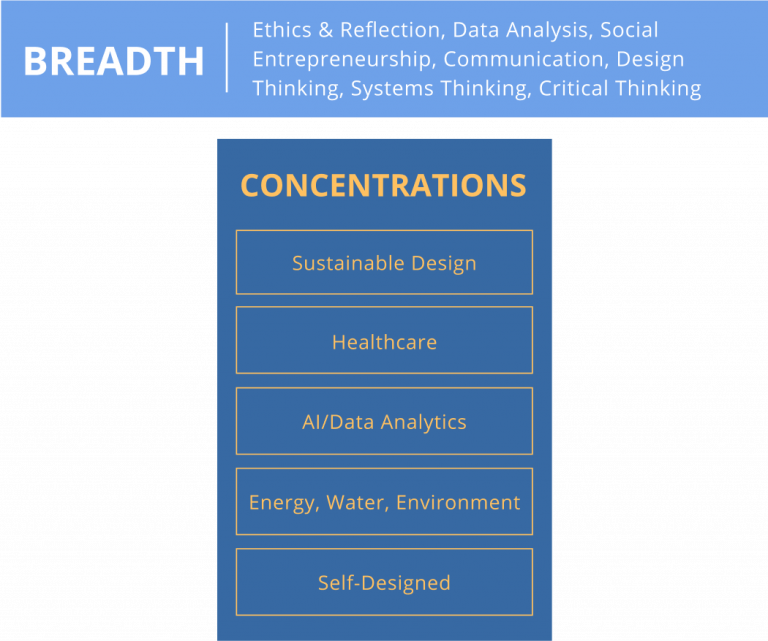Development Engineering Master
The UC Berkeley Master of Development Engineering responds both to the growing need for Development Engineers to solve societal challenges as well as to the increasing importance of technology in the aid sector. The program reflects the demand for diverse STEM professionals who can invent, adapt, or implement technologies to benefit low-resource communities.

- AI/Data Analytics for Social Impact:
Students take courses on how artificial intelligence, machine learning, and data tools and analytics give the social, civic, and international development sectors actionable insights.
- Energy, Water, and the Environment:
Students take courses on core natural resource challenges—water and energy systems and their impact on the environment—and on life cycle assessment, water resource management, agricultural impact, and energy technologies and policies.
- Sustainable Design Innovations:
Students take courses on sustainable design and social entrepreneurship, including principles of green design, the science of sustainability, resilient communities, sustainable economic models, green chemistry, product design, spatial modeling, affordable housing, public transportation, and equitable development.
- Healthcare Transformations:
Students take courses on the rapidly evolving landscape of global healthcare technologies and practices, including biomedical device design, health policy, health impact assessment, and the digital transformation of health care.
If a student has interests outside of these areas, it is possible to devise a Self-Designed Concentration in, for example, gender equity, global education, or technology, development and policy.
Over the course of the three-semester program, students will engage in:
- Core courses focused on Development Engineering (18 units over the 3 semesters)
- Elective coursework (18 units total, of which 12 should be in the concentration area)
- Summer internship
- Final project that enables students to work in teams to extend assignments from core courses, their internships, their own initiatives, or social entrepreneurship collaborations
- Reflection and Portfolio Building

